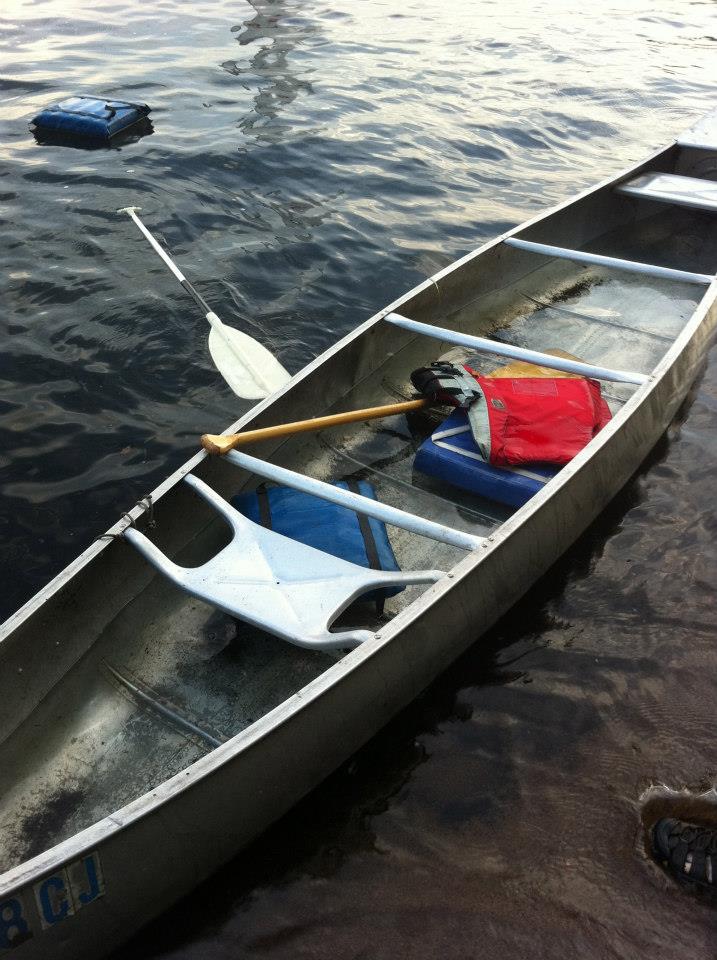JULY 1, 2020 – Many hardy, nature-loving Minnesotans make annual pilgrimages to the million-acre BWCA (“Boundary Waters Canoe Area”) along the Canadian border. I’m not among them—the pilgrims, that is. Instead, we make regular pilgrimages to our family’s lacustrian Shangri-La in northwestern Wisconsin, south of Lake Superior and well south of the BWCA.
Before my grandparents built their cabin—and long before the BWCA was in vogue—Grandpa led an expedition to the Boundary Waters. The party included my then 10-year old future dad and his 11-year old cousin, Harry, and Harry’s dad, a former Norwegian mariner named Sigurd, whom Dad called, “Uncle Sugar.” Harry and Uncle Sugar (along with Aunt Jenny and Harry’s two younger siblings), were from California and on their annual family visit to Minneapolis, where Dad and my grandparents lived.
Dad told me many stories about his BWCA adventure, which included a signature episode that must have scared the daylights out of Aunt Jenny and my grandmother when they later heard about it. When I myself approached 10, Dad decided to repeat the adventure—steering clear of the “signature episode.” In the event, Dad led us down a rapids in a way that became our own “signature episode”—one that would scare the daylights out of my mother when she later heard about it.
Accounts of the “signature events” will have to wait for another day, another post or two.
Meanwhile . . .
Last night, for some reason I dreamt about the island where Dad and I camped for a couple of days that June, 56 years ago. Dad remembered the island from his boyhood expedition in 1932. It was in Granite Lake, two days north of the Gunflint Trail, one of the two major entry points into the BWCA from the Minnesota side. He circled it on our map and said we’d aim for it two days out from Gunflint Lodge, our jumping off point on a week-long trip along the route of the French Voyageurs of yesteryear.
Surrounded by pristine nature, our only reminders of civilization were ourselves and our equipment. When thirsty, we drank straight from the lake. When hungry, we ate straight from the lake—fish caught by casting leisurely from the end of our island, which was barely large enough to accommodate our tent, canoe, and a couple of fir trees. It hadn’t offered sufficient space, Dad explained, for a party of four. That realization had come by way of their failed attempt to pitch their tent. In the dancing light of the campfire our first night on the island, Dad told the story wherein, as is the case with every story, one thing led to another . . .
(Cont.)
(Remember to subscribe to this blog and receive notifications of new posts by email.)
© 2020 by Eric Nilsson
